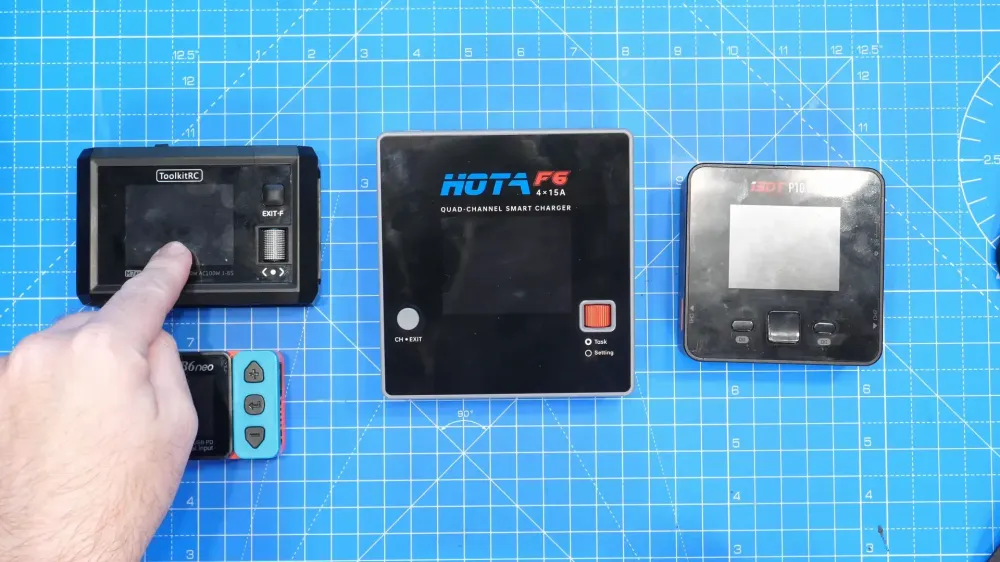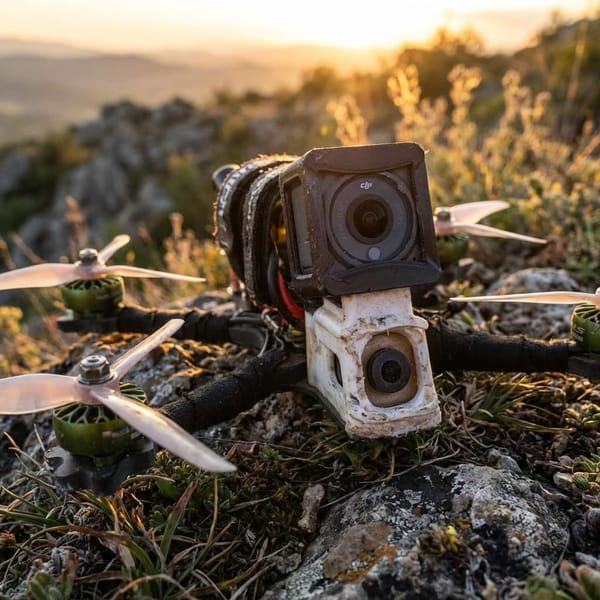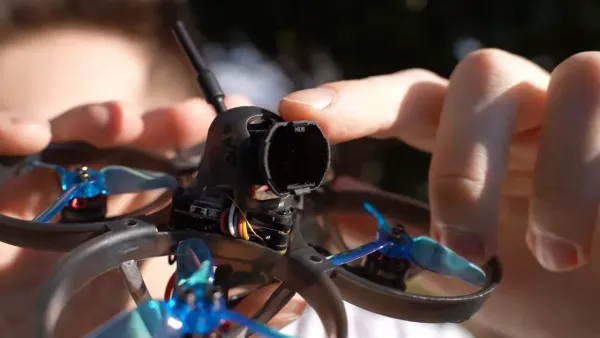In recent months, Ian from MadsRC has noticed a concerning trend among FPV enthusiasts—issues with battery chargers. This prompted him to delve deep into the world of FPV chargers, leading to insights that every drone pilot should know. This guide captures the key findings from his investigation, helping you make informed decisions when purchasing an FPV charger.
Understanding the Risks of Parallel Charging
One of the first topics Ian tackled is the use of parallel charging boards. These boards allow multiple lipo batteries to be connected to a single charger. While many users report no issues, Ian strongly advises against using them. He argues that the risks—fire hazards and potential damage—far outweigh the convenience.

Even boards with built-in fuses do not eliminate the risks associated with varying cell voltages. Ian suggests that these boards should be considered relics of the past and recommends opting for multiple single output chargers instead.
Types of Chargers: AC vs. DC
When selecting a charger, Ian emphasizes understanding the difference between AC and DC chargers. AC chargers are convenient but often fail due to common AC side issues. He shares his unfortunate experience with Toolkit RC chargers, which have a reputation for failures.

Instead, he recommends sticking with DC-only chargers. These types are generally more reliable. Users can power these chargers using external batteries or power supplies, ensuring longevity and consistent performance.
Power Supply Recommendations
Ian suggests building a power supply using server power supplies, often available for under twenty pounds or dollars. This approach not only saves money but also provides a reliable power source for your chargers.

For those hesitant about building their own, quality used laptop power supplies can also work well, offering decent wattage at affordable prices.
Brands to Trust and Avoid
When it comes to brands, Ian expresses strong opinions based on extensive user feedback. Toolkit RC emerges as a brand with significant reliability issues. Despite its popularity, users have reported widespread failures—including chargers blowing up.

Conversely, Ian recommends ISDT and HOTA chargers. He has had positive experiences with ISDT's P10 model, which has proven reliable over the years. The HOTA F6, specifically the DC version, is also highlighted as a strong contender for those seeking a multi-port charger.

Final Thoughts: Stay Safe and Informed
In summary, Ian emphasizes that the world of FPV chargers can be murky. Avoid AC chargers when possible, invest in reliable DC-only options, and never use parallel charging boards. By following these guidelines and choosing trusted brands, you can ensure a safer and more enjoyable FPV experience.
FAQ
What is the best type of charger for FPV batteries?
DC-only chargers are recommended for their reliability and safety.
Why should I avoid parallel charging boards?
They pose significant fire risks and don't adequately protect against voltage differences.
Which brands should I avoid?
Toolkit RC has been reported to have numerous quality control issues and failures.
What power supply should I use with my charger?
Building a server power supply is a cost-effective and reliable option.
This article was based from the video FPV Lipo Battery Chargers Buyers Guide - Don't Get Caught Out!







